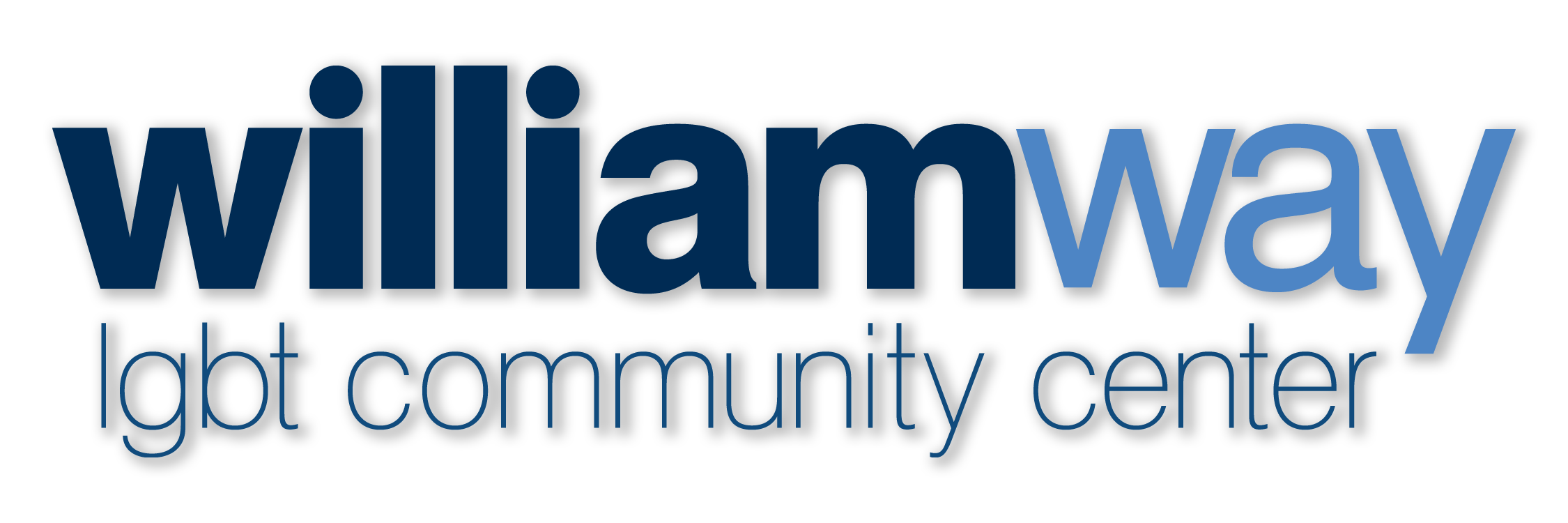Archives Receives Grant to Preserve Historical LGBTQ Audio Cassettes
Philadelphia, PA, May 2, 2019 -- The John J. Wilcox, Jr. Archives at William Way LGBT Community Center in Philadelphia has been awarded a $23,650 Recordings at Risk grant from the Council on Library and Information Resources (CLIR). The grant will cover the costs of reformatting over 100 historical cassette tapes from the Archives' Tommi Avicolli Mecca collection and put them online for access to anyone with a computer or mobile device.
This is the Wilcox Archives' second such grant from CLIR. The first award, given in 2017, covered the reformatting of the first 88 of 119 cassette tapes on LGBTQ history (1967-1992) from the Avicolli Mecca collection. This new grant will continue that work, completing the final 31 tapes from the historical series, and will also cover the reformatting of an additional 70 cassette tapes documenting performances from 1977-1982 at the Gay and Lesbian Coffeehouse of Philadelphia. The first set of reformatted recordings are available online at: https://digital.wilcoxarchives.org/
Both sets of tapes, which are imperilled because of their age, format, and historic storage environment, will be transferred to digital files by the Northeast Document Conservation Center, in Andover, Mass. Once reformatted, the sound files will be cataloged in house at the Wilcox Archives and will be made public through the Archives’ digital collections repository.
"As numerous studies have shown, collections of magnetic tape are in dire conditions," says Wilcox Archives Director, John Anderies. "The medium itself is deteriorating through natural aging and the format is well on its way to obsolescence, with playback equipment that will not cause further harm becoming increasingly difficult to come by."
The LGBTQ history tapes include rare recordings of leaders in the national LGBT movement, the civil rights movement, the women’s movement, and the counterculture. They will have great value to historians, scholars, and the members of the LGBT community interested in LGBT elected officials, writers, and journalists, as well as the country’s leading LGBT studies archivists and historians. The tapes also cover a wide diversity of topics including activism, arts, psychology, health, AIDS, family, reproduction, youth, religion, and spirituality.
The Gay and Lesbian Coffeehouse of Philadelphia tapes are equally significant. While many of the performers were local to Philadelphia, the recordings represent a rare documentation of a phenomenon that occurred across the country: several American cities and towns had gay and/or lesbian coffeehouses, yet few recordings from these venues survive today. Indeed this may be the largest collection of gay and lesbian coffeehouse recordings in existence. They are uniquely valuable for their immediacy and unvarnished documentation of an often overlooked history.
Many of the performers on the recordings were self-styled folksingers. There are also country and western singers, as well as classical, jazz, and experimental musicians. "Some were on tour, making the rounds of other coffeehouses, college campuses, and gay pride festivals," comments Anderies. "The recordings document the performers' place within the gay and lesbian liberation movement, and frequently feature banter with the audience on social concerns of the day. Poetry readings are given by novices and professionals. There are also dramatic readings and stagings of original plays and they document early gender non-conforming performers."
Both sets of cassettes are part of a donation to the Gay Community Center of Philadelphia (now John J. Wilcox, Jr. Archives, William Way LGBT Community Center) from the Philadelphia activist Tommi Avicolli Mecca, in 1991. The LGBTQ history cassettes were assembled by Avicolli Mecca from his own participation as a member of an organization or as an attendee at an event; from individuals and organizations solicited by him for inclusion in the collection; and as part of his work as a journalist for the Philadelphia Gay News. The coffeehouse cassettes were made in the course of the weekly Gay and Lesbian Coffeehouse performances at the GCCP.
The William Way LGBT Community Center encourages, supports, and advocates for the well-being and acceptance of sexual and gender minorities in the Greater Philadelphia region through service, recreational, educational, and cultural programming.
For more information please contact archives@waygay.org.
